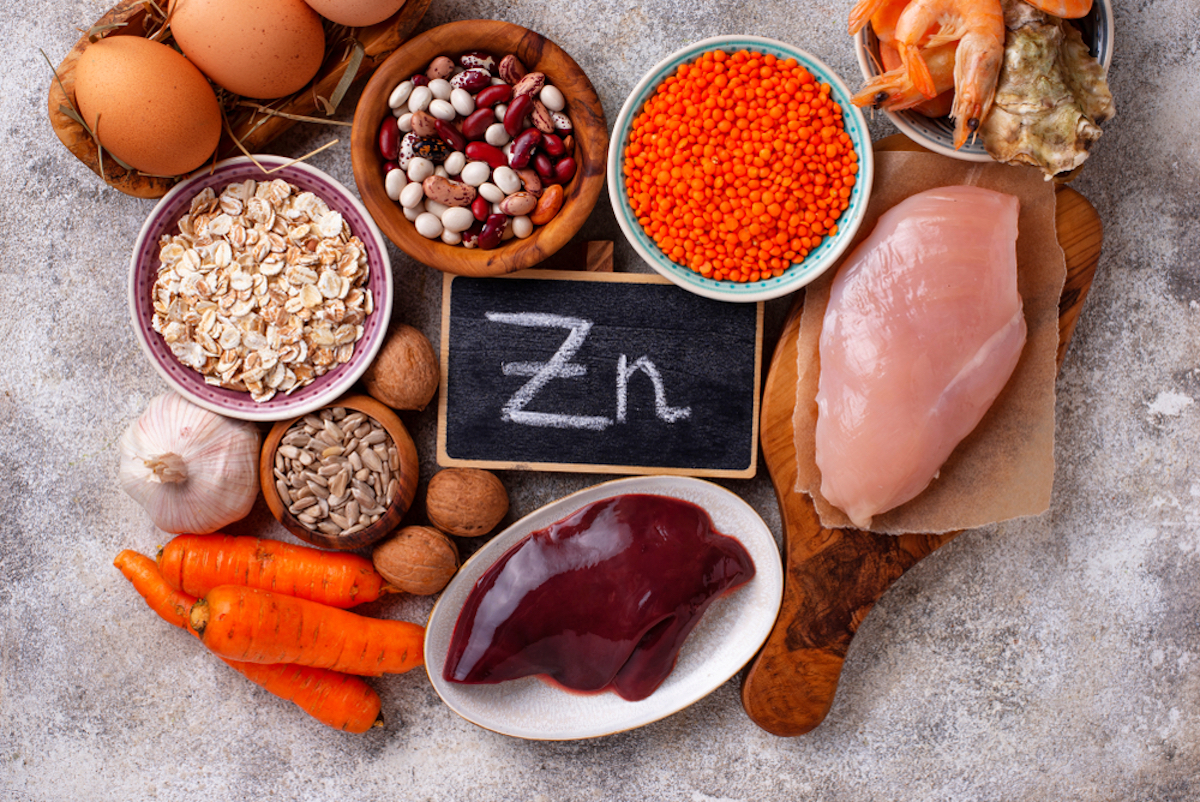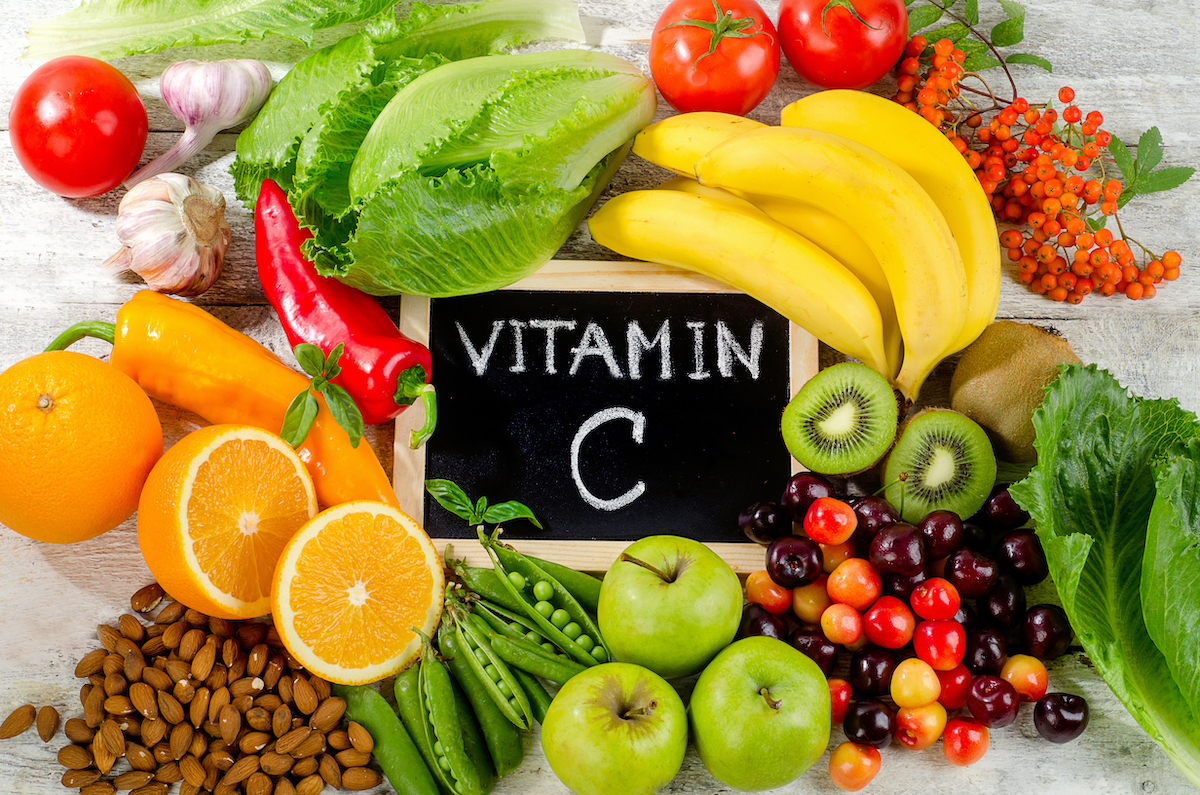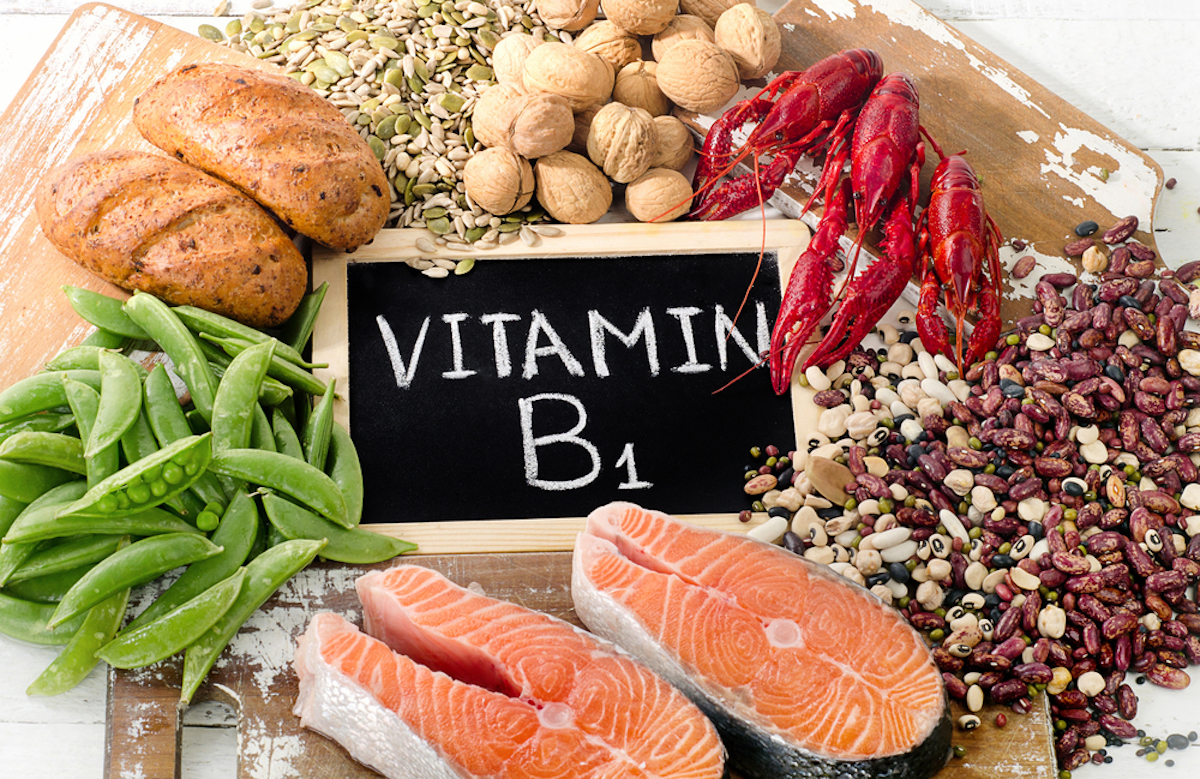The recent research out of Denmark, which has not yet been peer-reviewed, set out to test a hypothesis by comparing the vitamin K levels of 138 patients hospitalized with COVID-19 with those of 140 healthy people. Results showed that those hospitalized with COVID had vitamin K levels that were on average half of the healthy control population, The Atlanta Journal-Constitution reports. In addition, 43 study subjects who died of the coronavirus had vitamin K levels that were even lower. Researchers were compelled to test their theory based on previous studies that have shown that vitamin K can play an important part in overcoming serious bouts of COVID-19. They point out that vitamin K helps your body maintain healthy blood vessels and to activate enzymes that help protect lung tissue, which are two major organs that are seriously affected by the respiratory virus. “When these are not activated, the lungs become poorer and can explain why COVID-19 patients with low vitamin levels are hit hard by the illness,” Allan Linneberg, MD, a researcher at the Center for Clinical Research and Prevention at Frederiksberg Hospital, said in an interview with a Danish television channel on Jan 5. Linneberg also pointed out that the study’s findings were more indicative of how vitamin K levels affect patients recovering from infection, but they can’t protect you from catching the virus in the first place. The study authors also emphasize eating vitamin K-rich foods instead of taking supplements so as to avoid overconsumption. So how can you get your daily share of vitamin K? Be sure to eat leafy greens including lettuce, kale, and spinach, as well as consuming vegetable oils, such as canola and soybean. Read on to see which other vitamins can help in the fight against COVID-19, and for more on what your symptoms could be telling you, check out If This Part of Your Body Hurts, You Could Have COVID. Read the original article on Best Life. When it comes to cutting both your risk of severe COVID and the overall chances you’ll be infected, follow the continually mounting evidence on one seemingly big winner: vitamin D. A September study published in the Journal of the American Medical Association found that having a vitamin D deficiency increases your risk of testing positive for the coronavirus by nearly 80 percent.ae0fcc31ae342fd3a1346ebb1f342fcb “If you’re deficient in vitamin D, that does have an impact on your susceptibility to infection. I would not mind recommending—and I do it myself—taking vitamin D supplements,” Anthony Fauci, MD, said during an Instagram Live interview with actor Jennifer Garner in September. And for more risk factors to keep in mind, check out The CDC Just Confirmed This Disorder Could Put You at Risk of Severe COVID. According to a study conducted in Spain over March and April, COVID patients who had higher levels of zinc in their blood were more likely to survive the disease than those who had much lower levels. “It has long been thought that zinc bolsters the immune system,” Len Horovitz, MD, a pulmonologist at Lenox Hill Hospital in New York City, told HealthDay. “A possible explanation in this study is that zinc may have an anti-inflammatory effect that is protective.” And for more on what isn’t keeping you safe, check out This Type of Face Mask Isn’t Protecting You From COVID, WHO Warns. Many patients who develop serious cases of COVID-19 appear to be lacking the long-trumpeted immune-boosting vitamin C in their systems, according to a meta-analysis by researchers at Augusta University in Georgia. The researchers explain its effect by describing a bout with the coronavirus as almost acting like accelerated aging, noting that the drop in vitamin C levels elderly patients experience as part of the aging process could be a sign as to why they’re more susceptible as a population to COVID. And for more regular COVID news delivered right to your inbox, sign up for our daily newsletter. An August report from the College of Food and Agriculture at United Arab Emirates University found that B1 improves immune function, can reduce the risk of type-2 diabetes, and can help maintain healthy blood oxygen levels—all of which can make a brush with the novel coronavirus easier to overcome. Since type-2 diabetes has proven to be one of the biggest risk factors in terms of COVID mortality, that’s big news. Research published in the journal Diabetologia in May found that 10 percent of hospitalized COVID patients with diabetes died within a week of being admitted. And for more on signs you could come out OK after battling the virus, check out If You Have This Symptom, You’re More Likely to Have a Mild COVID Case.



